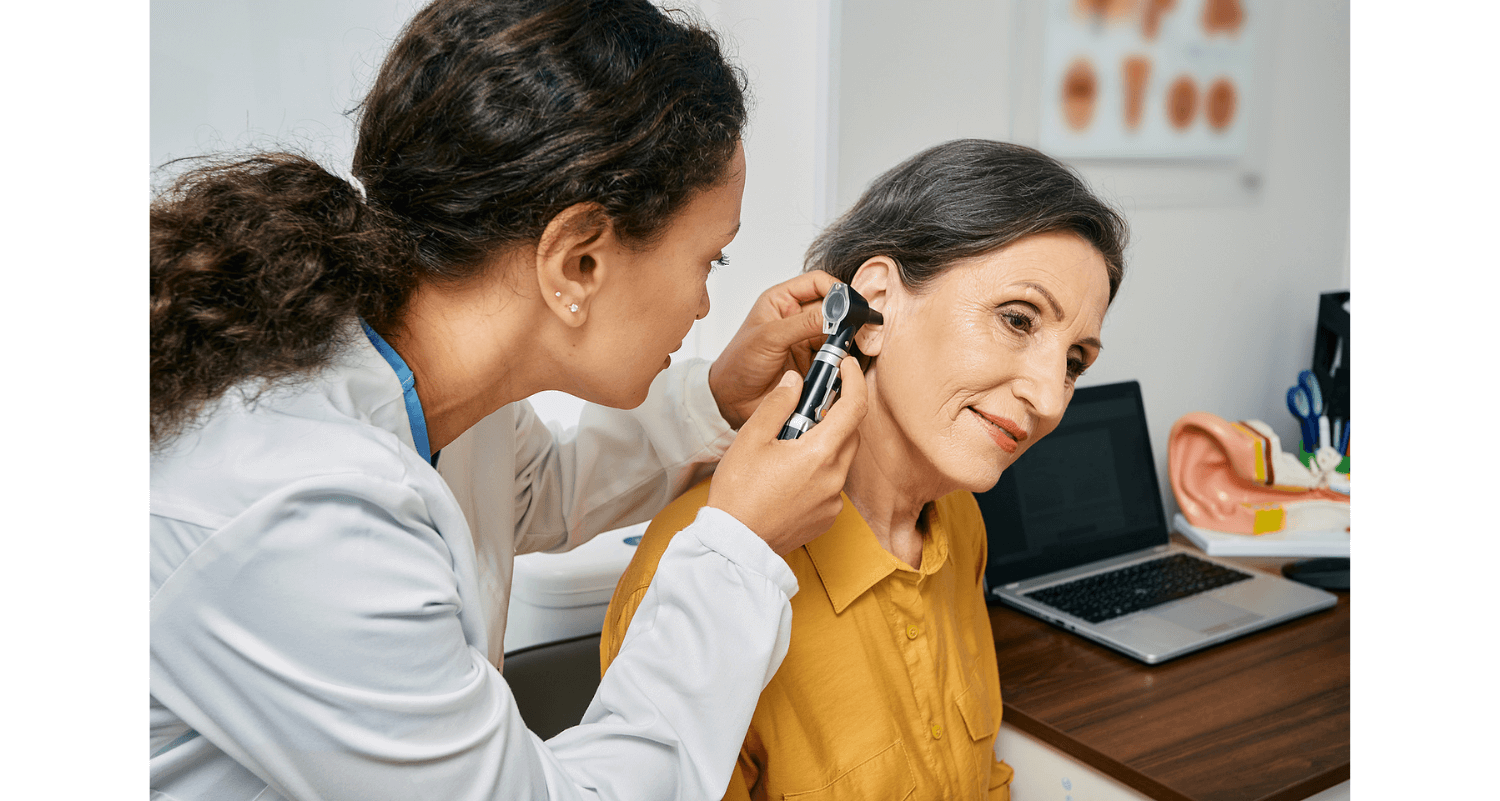
Hearing loss is a common yet often underdiagnosed condition that affects millions of individuals worldwide. As leading audiologists and hearing professionals, our mission is to ensure that you receive the best care possible. One crucial step in this process is the hearing exam, a cornerstone of hearing health assessment. In this article, we will explore what to expect during your hearing exam, incorporating the latest advancements in hearing loss prevention, diagnosis, and management, all while emphasizing the significance of early detection.
The Importance of Early Detection
Before delving into the specifics of a hearing exam, it is essential to understand why early detection is paramount. Hearing loss, if left untreated, can lead to a cascade of adverse consequences, affecting not only your ability to hear but also your overall quality of life. Studies have linked untreated hearing loss to social isolation, cognitive decline, and even an increased risk of falls. Fortunately, early detection and intervention can mitigate these risks.
Advancements in Prevention
The first step in preserving your hearing health is prevention. Protecting your ears from loud noises and practicing safe listening habits are crucial. Recent advancements have made hearing loss prevention more accessible and effective.
Noise-canceling technology
Noise-canceling headphones and earplugs with advanced sound filtering capabilities are now available. These devices allow you to enjoy your favorite activities while safeguarding your hearing from harmful noise levels.
Custom hearing protection
Audiologists can create personalized hearing protection solutions tailored to your needs, ensuring maximum comfort and effectiveness.
Education and awareness
Increased awareness of the dangers of excessive noise exposure has prompted many organizations and individuals to take proactive measures in noise reduction.
The Hearing Exam Process
Now, let’s discuss what to expect during your hearing exam. A hearing exam typically consists of several stages, each designed to assess different aspects of your auditory system.
Case history and discussion:
Your hearing healthcare professional will start by discussing your medical history, lifestyle, and any concerns you may have about your hearing. This information is crucial for understanding potential risk factors and tailoring the exam to your needs.
Visual inspection:
An examination of your ears using an otoscope allows the audiologist to check for any visible issues, such as earwax blockages or abnormalities.
Tympanometry:
This test assesses the function of your middle ear by measuring the response of your eardrum to changes in air pressure. It helps identify conditions like eustachian tube dysfunction or middle ear infections.
Pure-tone audiometry:
This is perhaps the most familiar part of a hearing exam. You’ll wear headphones and listen to a series of tones at various frequencies and volumes. Your responses help create an audiogram, which graphically represents your hearing thresholds.
Speech audiometry:
This test evaluates your ability to understand speech at different volume levels. You may be asked to repeat words or sentences to assess your speech recognition abilities.
Otoacoustic emissions (OAEs):
This non-invasive test measures the response of your inner ear (cochlea) to sound. It is particularly useful for assessing hearing in infants and young children.
Bone conduction testing:
In some cases, bone conduction testing may be necessary to determine the specific type of hearing loss you have.
Speech-in-noise testing:
This test assesses your ability to hear and understand speech in a noisy environment, mirroring real-life listening situations.
The Future of Hearing Exams
As we look ahead, it’s exciting to consider the potential futuristic interventions in the field of audiology. Advances in technology and research are continuously expanding our capabilities in hearing healthcare.
Artificial intelligence (AI):
AI-powered hearing aids and devices are on the horizon. These devices will adapt to your listening environment in real-time, providing a personalized and immersive listening experience.
Tele-audiology:
Remote hearing assessments and consultations have become more prevalent, allowing individuals to access audiological care from the comfort of their homes.
Genetic testing:
Genetic screening may become a routine part of hearing exams, helping identify individuals at a higher risk of developing hearing loss and tailoring preventive strategies accordingly.
In conclusion, your hearing exam is a pivotal step in maintaining your auditory health. Early detection through regular hearing exams is essential for preventing and managing hearing loss effectively. Advances in hearing loss prevention, diagnosis, and management have made it easier than ever to protect and preserve your hearing. By staying informed, seeking professional care, and embracing the latest technologies, you can ensure a lifetime of vibrant and healthy hearing. Remember, your hearing health is our top priority, and we are here to support you every step of the way.

Workplace Hearing Hazards You Should Know
Matthew Favinger, M.S., F-AAA

Hearing Loss Tips for Veterans
Matthew Favinger, M.S., F-AAA

